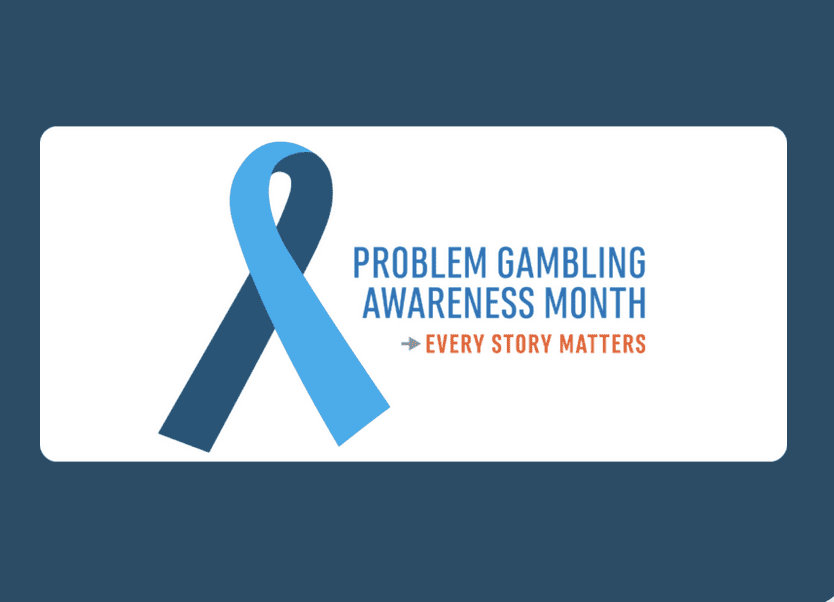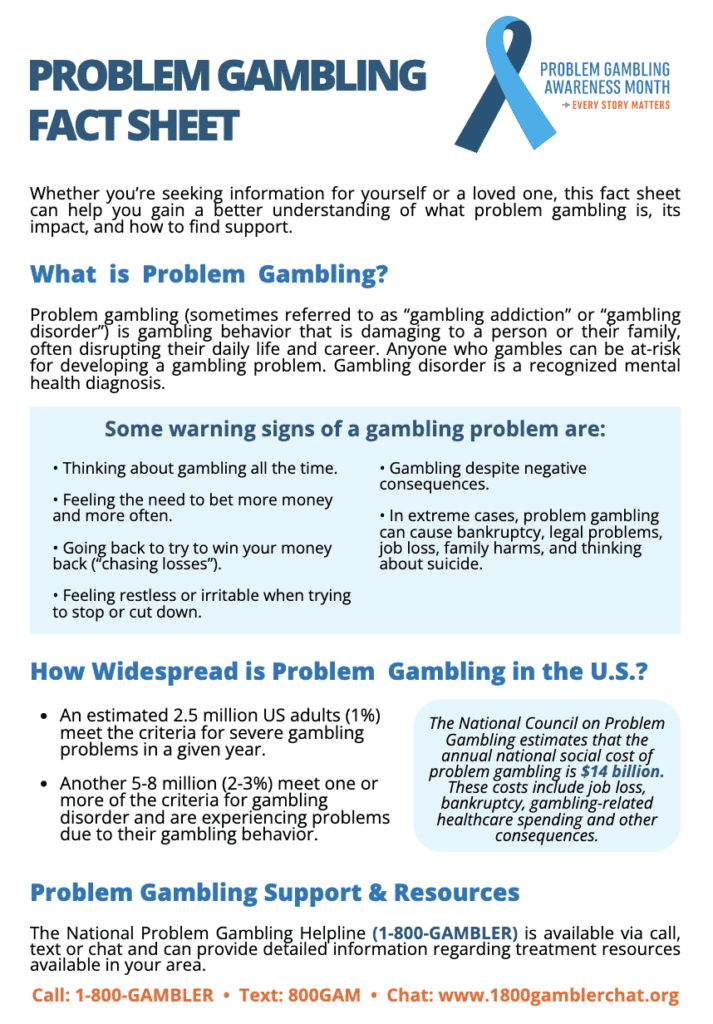Search Posts
Recent Posts
- Rhode Island Weather for June 4, 2025 – Jack Donnelly June 4, 2025
- Sour Grapes time! – Tim Jones (meet Tim at AnimeCon) June 4, 2025
- Lawsuit filed to stop Empire Wind Project by 4 environmental groups and fishermen June 4, 2025
- It is what it is: 6.4.25 – Jen Brien June 4, 2025
- New ALS treatment by PathMaker Neurosystems. Co. funded by RI Life Sciences Hub to come to RI. June 3, 2025
Categories
Subscribe!
Thanks for subscribing! Please check your email for further instructions.

Problem Gambling: Hidden addiction of 9+ Million, $14 Billion social cost
This week iGaming began in Rhode Island. Online gambling is particularly attractive to the problem gambler for its ease of use. With people using their cell phones and having them in their hands most of the waking day, the convenience and allure makes people vulnerable to gambling, and those who are vulnerable to addiction are particularly vulnerable to this quick fix.
RINewsToday will be looking at the problem with gambling throughout March. Here is our first article, with the National Council on Problem Gambling.

During March, the National Council on Problem Gambling (NCPG) will lead the annual observance of Problem Gambling Awareness Month (PGAM), emphasizing the 2024 theme, “Every Story Matters.” The nationwide grassroots campaign seeks to increase public awareness of problem gambling and promote prevention, treatment, and recovery services.
Problem gambling is often referred to as a ‘hidden addiction,’ yet an estimated 9 million American adults suffer from a gambling problem, resulting in a national social cost of $14 billion annually. Despite the prevalence of gambling addiction in the United States, no federal agency is tasked with addressing it, and there are no federal funds designated for problem gambling treatment or research.
“Problem gambling is a clear and growing public health risk, affecting millions of individuals and their loved ones. Yet, our research indicates that fewer than 50% of Americans know where to get help for a gambling problem,” said Keith Whyte, Executive Director of NCPG. “By increasing awareness and fostering an open dialogue about problem gambling, we can work to reduce the stigma surrounding gambling addiction and promote the resources available for treatment and recovery.”
Problem Gambling Awareness Month brings together a wide range of stakeholders, including NCPG State Affiliates, public health organizations, advocacy groups, professional sports leagues, and gambling operators. Each organization plays a vital role in addressing problem gambling by organizing events, educational workshops, and awareness campaigns throughout the month of March. This broad outreach contributes to the campaign’s impact by promoting awareness of problem gambling prevention, treatment, and recovery services to diverse audiences.
The PGAM 2024 theme “Every Story Matters,” serves as a poignant reminder that each narrative, struggle, and victory related to problem gambling is significant. By encouraging candid conversations, sharing information on available resources, and spotlighting the many paths to recovery, PGAM aims to reshape public perception, educate communities, and heighten awareness surrounding problem gambling.

To learn more about Problem Gambling Awareness Month and access tools for increasing awareness of problem gambling, please visit www.NCPGambling.org/pgam.
About the National Council on Problem Gambling
The National Council on Problem Gambling (NCPG) is the only national nonprofit organization that seeks to mitigate gambling-related harm. NCPG is neutral on legalized gambling. If you or someone you know may have a gambling problem, contact the National Problem Gambling Helpline, which offers hope and help without stigma or shame. Call 1-800-GAMBLER, text 800GAM, or visit www.1800gamblerchat.org. Help is available 24/7 – it is free and confidential.
Publisher’s Note: This is the first in a series of stories on the issue of gambling and addiction.

Yes – and most certain we’ll all get blamed – as a society – for such issues …. drugs, culture differences, domestic strife , ect., ect., ect., ect. …….. we are a compassionate people, but at least meet us half-way …..